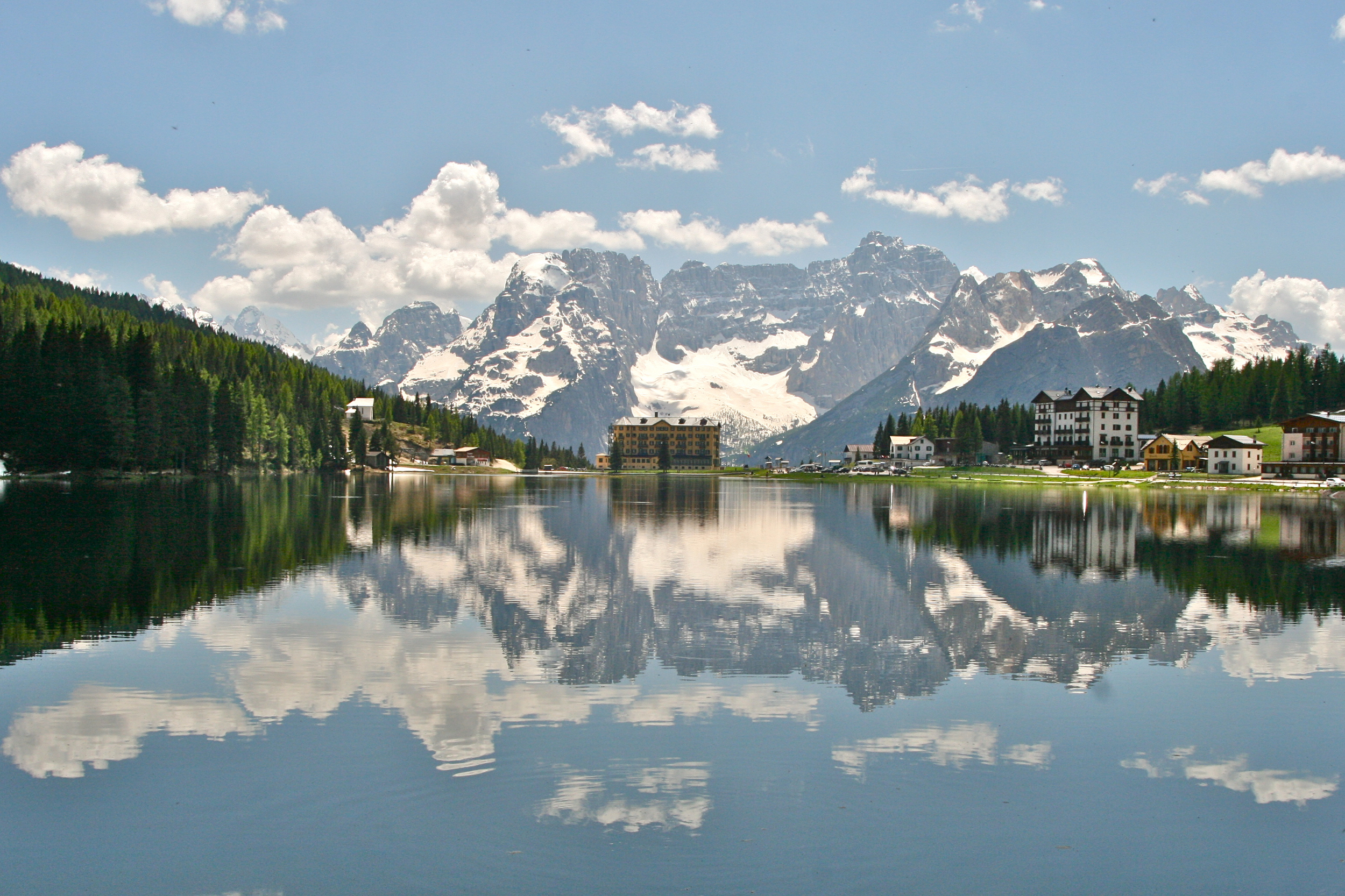It wasn't until sixty or so years after his suicide in Brazil that Austrian writer Stefan Zweig's reputation as a story-teller (and, like a character in a Sebald novel, a tragic casualty of World Wars 1 and 2) revivified in English. This was especially thanks to a few independent publishers in the US and UK. And then Wes Anderson got ahold of him.
Anderson and Zweig's biographer George Prochnik on Zweig:
ANDERSON: I don’t think I ever thought about the moment when it became necessary to have a passport, which is hugely meaningful when you see it through his eyes. You suddenly see this control that comes in.
PROCHNIK: I think it was absolutely devastating for him — that loss of geographical freedom, the ability to just cross borders without thinking about it. I thought you also did a lovely job of depicting this transformation in the film, near the end, where you have the extraordinary scene in which your protagonists are stopped a final time on the train for their papers and it’s clear just how vital these documents have become — a matter of life and death.
So Wes Anderson, committed champion of a super-stylized old world - including its gemlike hotels - admittedly found inspiration in the work of Stefan Zweig. I don't doubt the similarities between Zweig's storytelling and Anderson's, but more compelling is the kind of description each performs, of the bright kind of affected lushness each evokes. This hotel enchantment overwhelms, ingests, rejects its reader (or viewer) and character alike.
There's something especially in common between Anderson's The Grand Budapest Hotel and Zweig's The Post Office Girl. The hotels they describe are entire worlds: their corridors house lavish accommodations as well as morgues, writing rooms, great ballroom dances, entire social orders. But each also appears as a little sort of eddy in a river of war washing across an unhappy world.
In The Post Office Girl Zweig describes Christine's grand Swiss hotel awakening in the glowingest way imaginable (and yes, it's Zweig: he will deaden her dreams and the reader's hopes with a dullness that's equally unforgettable). But in the meantime we have fresh crisp sheets, translucent mountain air, the lushest views and mosses, the most exhilarating hikes and romances and devastations. And the the pleasantest hangover I've ever heard of:
You can make a hundred thousand wishes in this enchanting world and they'll all be granted just like that. You can want or do anything here, but you don't have to. You can ring or not, you can get up or not, you can go back to sleep or lie in bed, whatever you want, your eyes open or closed, and bask in a flood of fine carefree notions. Or you can think about nothing at all and just laze mindlessly, time belongs to you, not the reverse. You're not driven onward by that frantic mill wheel of hours and seconds, you glide through time, eyes closed, as though in a rowboat with oars pulled in. Christine lies there, enjoying this new feeling, her blood pulsing pleasantly in her ears like faraway Sunday church bells.


